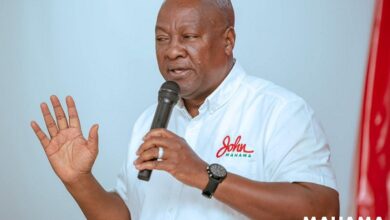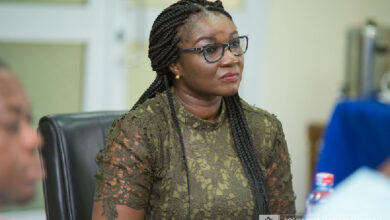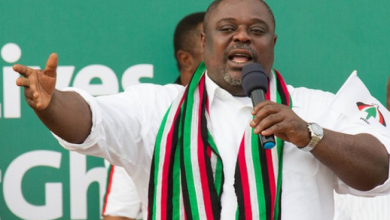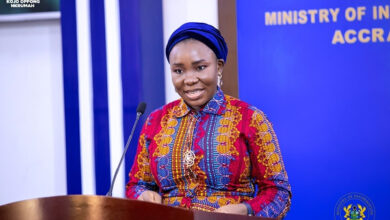Beyond the Ballot: Why Ghana’s Media Must Focus on the Transition, Not Post-Election Debates – Tweneboa-Koduah Dickson, Esq
Shifting the Narrative from Electoral Outcomes to National Unity and Governance
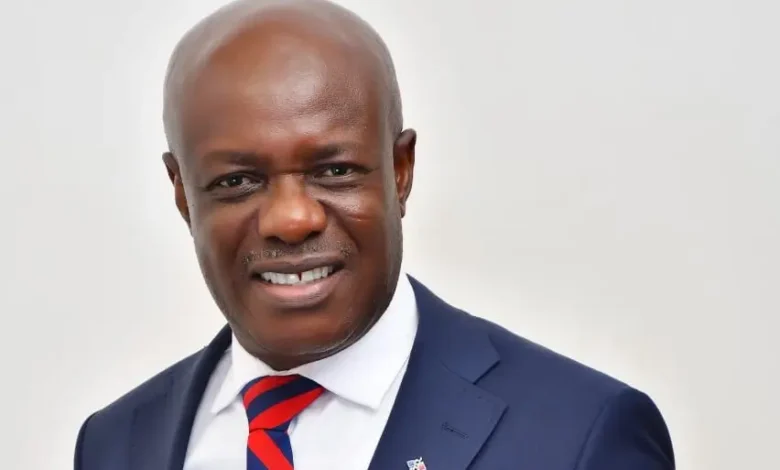
- The media should move beyond post-election debates
- Instead of deepening political divisions, the media should foster constructive dialogue and unity
- The media plays a crucial role in promoting transparency and holding both outgoing and incoming administrations accountable
“In the end, a great democracy has got to be progressive, or it will soon cease to be great or a democracy.”– Theodore Roosevelt
Transitions in governance are crucial moments that define the continuity and strength of a democracy. With Ghana’s 2024 general elections concluded, the focus must now shift to the task of ensuring a seamless and transparent handover of power. Yet, lingering post-election debates—especially critiques of why certain parties lost or internal failings—threaten to overshadow the transition process.
The media, as the gatekeeper of society, must lead this shift. Instead of amplifying discussions on the shortcomings of losing parties, the media should concentrate on the transitional phase, a critical process that shapes the incoming administration’s ability to govern effectively. To borrow from Abraham Lincoln: “A house divided against itself cannot stand.” The media’s ability to unify rather than divide during this period will ultimately determine Ghana’s democratic progress.
Why the Media Must Move Beyond Electoral Post-Mortems
The Elections Are Over; Governance Awaits
John F. Kennedy once said, “Let us not seek the Republican answer or the Democratic answer, but the right answer. Let us not seek to fix blame for the past. Let us accept our own responsibility for the future.” The elections have determined Ghana’s next administration. Prolonged discussions about why one party lost or another won are now irrelevant to the nation’s forward movement. The focus must shift to ensuring that governance continues seamlessly.
Let Political Parties Handle Their Internal Matters
Losing parties need time and space to assess their performance, rebuild, and chart a new path. Public discourse about their internal challenges does not benefit the national interest. Instead, it only heightens divisions. Let the media’s role be one of promoting healing and progress rather than perpetuating political divisions.
Promoting Transparency in Transition
Kofi Annan once observed, “Knowledge is power. Information is liberating.” Transitions involve critical steps such as the preparation of handover notes, briefings on state affairs, and auditing of public resources. Media oversight during this phase is essential to ensuring accountability and transparency. Ignoring this responsibility allows inefficiencies and misconduct to thrive unchecked.
Fostering National Unity
A divisive media narrative risks undermining the national fabric. The transition process should be a rallying point for national unity, reminding citizens that governance transcends partisan interests.
Consequences of Failing to Shift Focus
Should the media continue to prioritize post-election narratives over the transition process, Ghana risks significant setbacks:
Distracted Governance:
Failing to spotlight the transition process creates room for inefficiencies, delays, or lack of accountability.
Increased Division:
Repeated focus on the failings of losing parties deepens political polarization, making it harder for the nation to unite around common goals.
Erosion of Public Trust:
Citizens expect the media to provide clarity and transparency. Failure to prioritize the transition erodes confidence in both governance and the media.
Missed Opportunities for Oversight:
Without media scrutiny, potential lapses in the handover process—such as mismanagement of resources—may go unnoticed.
What the Media Should Do
To ensure a successful transition, the media must rise to the occasion by:
Focusing on the Transition Process:
The media should cover the activities of the transition team, highlight the legal frameworks guiding the process, and report on areas of success or concern.
Educating the Public:
Use platforms to demystify the transition process and explain its significance. Thomas Jefferson asserted, “Whenever the people are well-informed, they can be trusted with their own government.” The media must empower citizens with knowledge during this period.
Promoting Constructive Dialogue:
Shift narratives from partisan blame games to discussions on how the incoming administration can address national challenges. Constructive coverage sets the tone for collaboration and forward-thinking.
Holding Leaders Accountable:
The media must ensure that both outgoing and incoming administrations adhere to transition laws, manage state resources responsibly, and act in the national interest.
The elections are over. Ghana now stands at a crucial juncture where the focus must be on governance and nation-building. Transitions in governance, they say, are about “hope over fear, unity of purpose over conflict and discord.” – Barack Obama. The media has a responsibility to steer public attention toward the transition process, ensuring it is transparent, accountable, and successful.
Discussions on why certain parties lost or what internal reforms they need to undertake are distractions that only serve to divide. These are internal matters for political parties to resolve. The nation, however, needs the media to rise above partisanship and focus on the issues that matter most—stability, unity, and governance.
By prioritizing the transition, the media not only strengthens Ghana’s democratic credentials but also secures a future of progress and shared purpose. Anything less risks derailing the nation’s progress and undermining public confidence in its institutions.
God bless our homeland Ghana, and make Our nation great and strong!
By: Tweneboa-Koduah Dickson, Esq.


